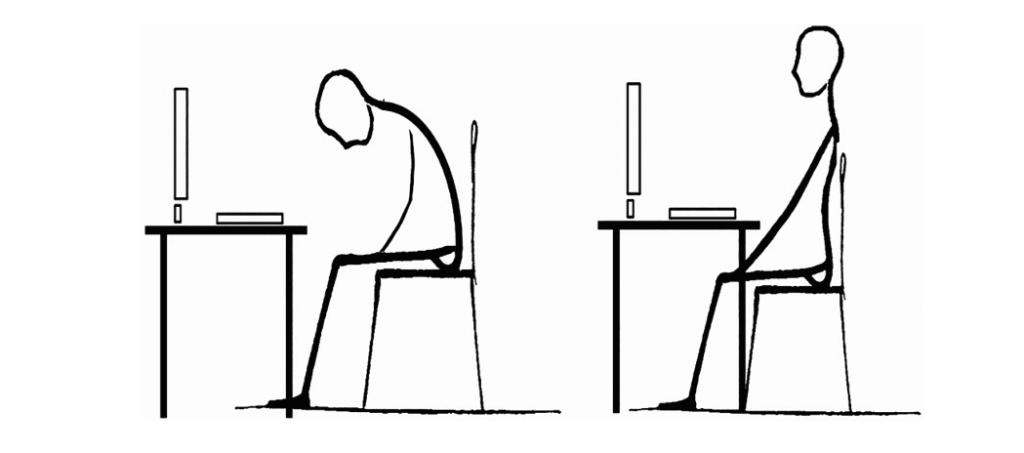The Connection Between Posture and Mood
Most people think of posture as a matter of appearance, but your posture affects far more than how you look. Research shows that posture has a direct impact on mood, energy levels, and overall mental wellbeing. At The Cardiff Chiropractor, Andy Davies helps patients improve posture through expert chiropractic care, addressing musculoskeletal issues that can influence both physical and emotional health.

How Posture Impacts Mood
Poor posture, such as slouching, forward head position, or rounded shoulders, places extra stress on muscles, joints, and ligaments. This not only causes pain and fatigue but also influences psychological state. Studies suggest:
- Slouched posture – Linked to decreased energy, low confidence, and higher stress levels.
- Upright posture – Associated with improved mood, alertness, and reduced anxiety.
- Neck and back strain – Chronic discomfort can lead to irritability, poor focus, and depression.
The Role of the Spine and Nervous System
The spine houses the nervous system, which controls communication between the brain and body. Misalignments or joint restrictions can interfere with nerve function, affecting everything from muscle coordination to stress responses. By improving spinal alignment, chiropractic care can support proper nervous system function, contributing to better mood and mental clarity.
Common Posture-Related Complaints in Cardiff
- Neck and shoulder tension from prolonged screen use
- Lower back pain due to slouching or sedentary work
- Headaches caused by forward head posture
- Fatigue and reduced concentration
These issues are frequently seen in office workers, students, and those with sedentary lifestyles — a growing concern in modern Cardiff.

How Chiropractic Care Improves Posture and Mood
Chiropractic treatment addresses both structural and muscular causes of poor posture:
- Spinal adjustments – Correct misalignments to restore balance and support.
- Soft tissue therapy – Relieve tension in tight muscles that pull posture out of alignment.
- Postural coaching – Teach ergonomic practices and daily habits that maintain proper alignment.
- Exercise guidance – Strengthen core and postural muscles to support long-term spinal health.
Patient Example: Cardiff Resident Improves Mood and Posture
A Cardiff teacher experienced chronic neck and upper back pain, fatigue, and low energy. After regular chiropractic adjustments, soft tissue therapy, and posture training at The Cardiff Chiropractor, the patient reported reduced pain, improved posture, and a noticeable lift in mood and confidence. This demonstrates how spinal care can positively affect both physical and emotional wellbeing.
Practical Tips to Support Posture and Mood
- Ergonomic workspace – Monitor at eye level, chair supporting lower back, feet flat on the floor.
- Regular movement breaks – Stand, stretch, and walk every 30–60 minutes.
- Strengthening exercises – Focus on core, shoulders, and upper back to maintain alignment.
- Mindful posture – Check alignment throughout the day, even when standing or walking.
- Sleep support – Use pillows that maintain neutral spine position.
The Cardiff Chiropractor Approach
Andy Davies combines hands-on chiropractic adjustments with posture education and personalised exercises. This holistic approach ensures Cardiff residents experience improved spinal health, reduced pain, and a positive impact on mood and energy levels.
Take Action: Improve Your Posture, Enhance Your Mood
Your posture affects more than appearance — it influences your pain levels, energy, and mental health. Chiropractic care can restore alignment, relieve tension, and help you feel more confident and energised. Book a consultation at The Cardiff Chiropractor for expert posture care in Cardiff today.
External References: Harvard Health – Posture and Mood, British Chiropractic Association – Posture


